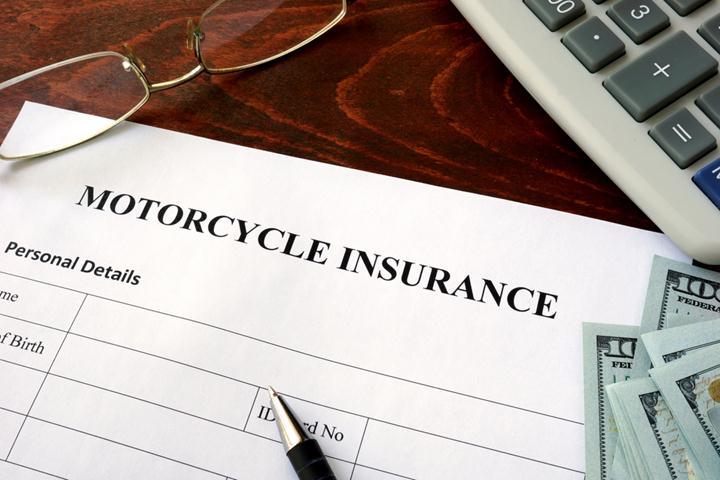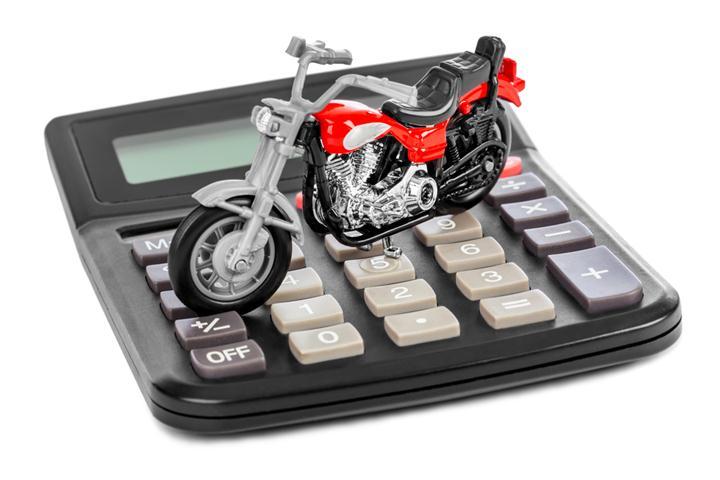Whether for sports, leisure, or just as a means to commute from home to work, motorcycles are popular all over the world. Their small engines provide the kind of fuel efficiency that city dwellers desire while their excellent power to weight ratios result in reasonably fast acceleration. It is therefore not a surprise that motorcycles are a common sight on the road. Unfortunately, their increased presence also comes with its own problems. Their lack of an outer body shell and their light weight offers little to no protection to their riders in the event of an accident. Their reliance on two wheels for movement affects their stability and other safety features, such as stopping power. This means that a single incident such as a motorcycle accident can result in huge losses. This is where motorcycle insurance comes in.
Definition of Motorcycle Insurance
This insurance coverage provides a financial safety net in the event of loss from an accident, damage, and theft. It also provides cover for liability arising from third-party bodily injuries and third-party property damage. This means that should an accident occur in which you are the direct cause of another person’s injury or damage to their property, the insurance will come in to offer financial assistance in response to any claims that may be lodged. Motorcycles, fast street bikes, and choppers among others will usually be covered by these policies. Additionally, these policies offer other coverage options such as collision and comprehensive insurance.
What Does It Cover?
A typical motorcycle insurance plan will provide cover for costs relating to damage of the motorcycle and bodily injury. It will also cover costs arising from injury to a third party person or damage to their property. Additionally, it will cover any legal expenses arising from third-party claims for which you are liable up to the agreed policy limit. It is possible to negotiate for other features to be included in the cover, such as full replacement where the bike is completely destroyed or lost, payment for medical expenses, and comprehensive cover. While negotiating for cover, a balance should be struck between the cost of the cover and the scope of the cover.
It is also worth noting that the cost of the cover may depend on other factors such as your claims record as well as the type of motorcycle that needs to be covered. For instance, fast motorcycles with big engines will usually cost more to insure due to the increased risk.
How Does It Work?
The policy will offer compensation up to the agreed limits in the event of damage to property belonging to third parties or bodily injury for which the insured is responsible for. Should there be any legal costs involved following a lawsuit, the policy will also pay for this up to the agreed limit. However, should the costs fall outside the limits, then, the insured will bear those costs.
The policy may also cover hospital costs for you and your passengers depending on the type of cover that you have. Where an uninsured or under-insured party is responsible for loss, the insured will still receive compensation.
If a comprehensive cover has been arranged with the insurance company, the insured may receive compensation up to the policy limit for losses not caused by collision subject to a deductible. This deductible is adjustable; a lower deductible will usually attract higher premiums.
Where insurance is negotiated through an agent, you can base negotiations for cover on the features that you feel are most important to you.
Featured Image: depositphotos/ designer491









